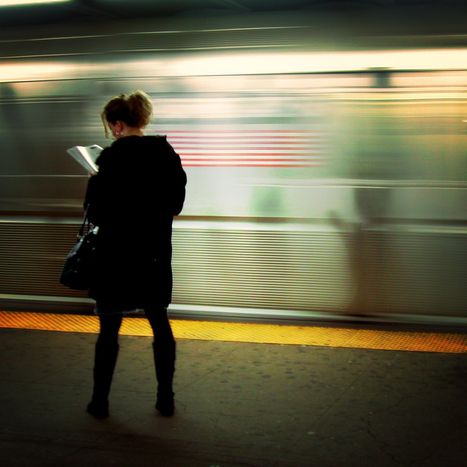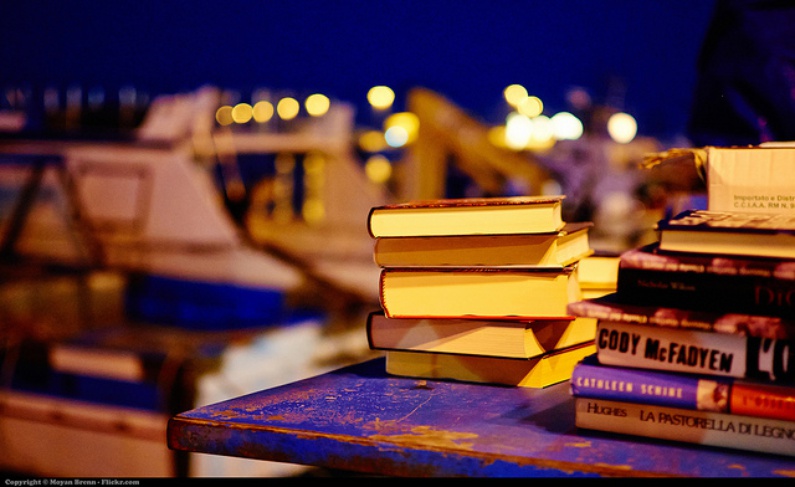
The power of books
Published on
Translation by:
Maria-Christina DoulamiBooks are able to make the reader travel, to arouse emotions and construct images. But they can also create conflicts and call to order. To give rise to an ideology or replace an old one. In short, readers who are immersed in books and enjoy them fail to remain indifferent to their content.
"It is the duty of errant-knight, Don Quixote said, to right the wrongs, and to succor and help the poor." With these words, the writer Juan Goytisolo this week welcomed the Cervantes Prize in honor of his literary career. He was referring to image that is very clear: that of the hidalgo "riding on Rocinante" with his lance pointed against corruption, expropriation of the evicted or the sharp gates of Ceuta and Melilla.
It was a statement of intent motivated by a book that has become the pillar of his work: Don Quixote de la Mancha by Cervantes. In his speech during the award ceremony, the writer mentioned on several occasions the one he considers his "first author"; the one who had an impact on him and with whom he created a vigilante story that became the abc of his writing.
Goytisolo testifies to the ability of books to evoke images and arouse feelings. Even to change ideologies and beliefs or to defend them profoundly, thanks to the plot. Even to trigger wars, conflicts and threats, or to appease them, offering truce with a couple of lines.
 Who has not repeated sometime or other that famous phrase “Mirror, mirror on the wall, who is the prettiest of them all”? Or has gestured of throwing their braid out the window as Rapunzel, and recalled of Romeo and Juliet in cases of impossible love.
Who has not repeated sometime or other that famous phrase “Mirror, mirror on the wall, who is the prettiest of them all”? Or has gestured of throwing their braid out the window as Rapunzel, and recalled of Romeo and Juliet in cases of impossible love.
Books even have the ability to mobilize hundreds of people at festivals dedicated to superheroes. In these, people dress up and emulate for a day the heroes who are saving the world and "fighting daily against evil". But books also bring together readers hungry for new developments in annual book fairs, and in the long lines that are created during a book signing.
Some authors remain in the annals of famous figures like Cervantes, Shakespeare, Zola, Ibsen, Joyce, Hemingway, Lorca and a long list of others that could form the subject of several more articles. Others are real stars today and some, on the contrary, have to deal with hatred and persecution for what they have written.
Books are banned, censored, are bought and read avidly, are stored and arranged on shelves in small, large and huge libraries. They have the ability not to leave the reader indifferent, even if they cause boredom or drowsiness, and in many pages, they make the reader travel, laugh or cry. It is for this, that a good book is a guaranteed and irreplaceable companion.
Translated from El poder de los libros



